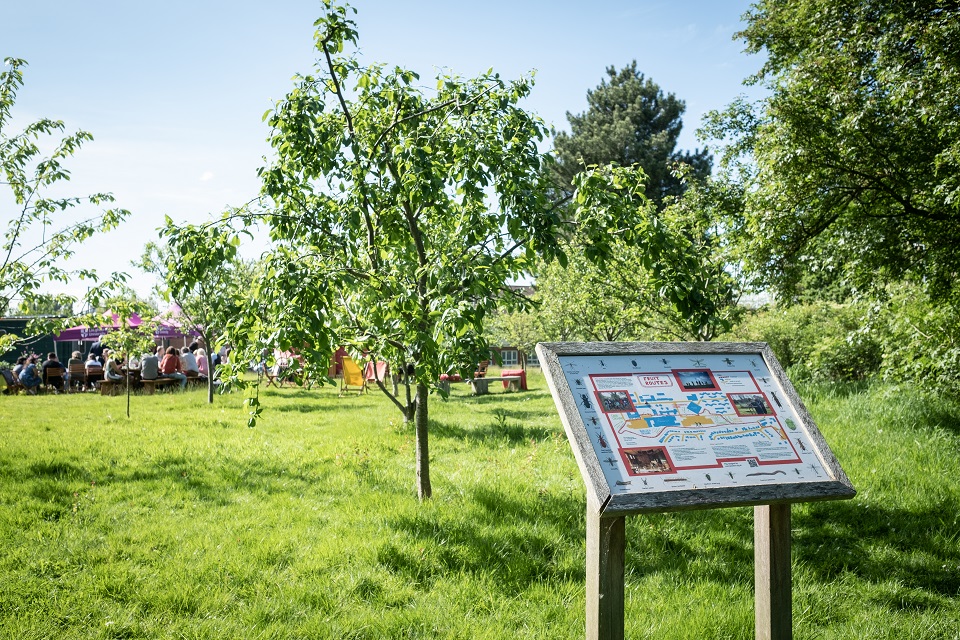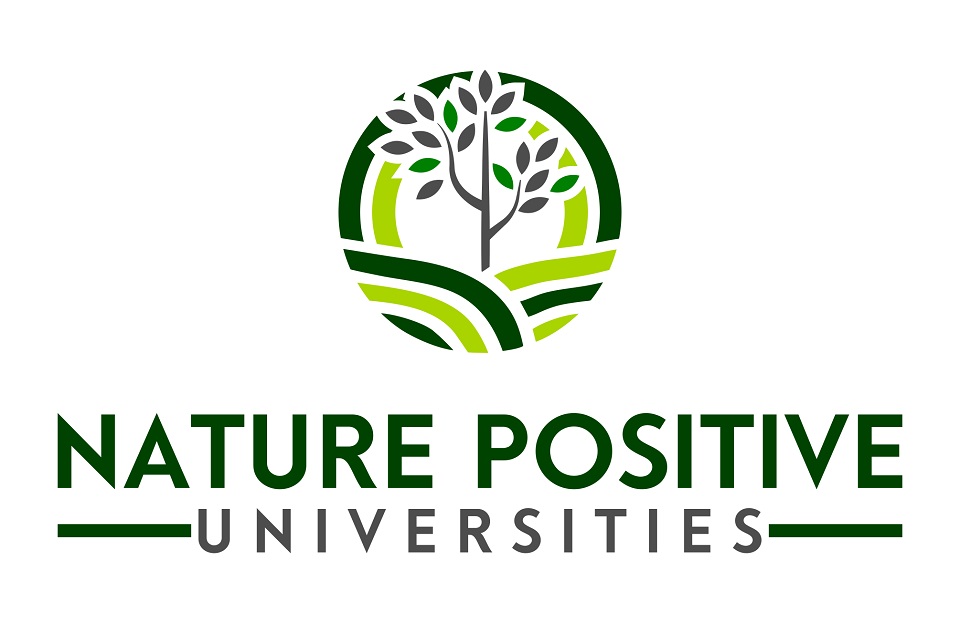The Alliance is a global network of universities that have made an official pledge to work towards a Nature Positive goal in order to halt, prevent and reverse nature loss through addressing their own impacts and restoring ecosystems harmed by their activities.
Led by the University of Oxford and the UN Environment Programme (UNEP), the network is part of the UN Decade on Ecosystem Restoration, a movement to avert climate catastrophe and mass extinction.
It brings higher education institutions together to use their unique power and influence as drivers of positive change. Universities already carry out environmental and conservation research to help inform government and company action, but by publicly tackling their own supply chains and operational impacts on nature, universities can help guide the wider community on a path to address the twin climate and ecological crises.
The Alliance launches with 117 universities from 48 countries, who have made individual pledges to start a journey towards becoming nature positive. University pledges include four key elements:
- Carrying out baseline assessments
- Setting specific, time limited and measurable targets for nature
- Taking bold action to reduce biodiversity impacts, protect and restore species and ecosystems, while influencing others to do the same
- Transparent annual reporting.
Speaking about Loughborough’s membership in the Nature Positive Universities Alliance, Vice-Chancellor Professor Nick Jennings said: “We are proud to be one of the founding members of this hugely important network. As set out in our new strategy, Loughborough is committed to growing its research and innovation capacity in areas such as clean energy and the circular economy, to enable us to play a leading international role in responding to the climate emergency.
“Our campus has extensive green spaces including wildflower meadows and grasslands, fruit trees, conservation areas, watercourses, ponds, and woodlands which support biodiversity. They provide a habitat for badgers, bats, birds, hedgehogs and a variety of amphibians, reptiles and invertebrates. Our membership to the new Alliance further underlines our commitment to protect these important green spaces.”
Professor Dan Parsons, Loughborough’s Pro Vice-Chancellor for Research and Innovation added: “Sustainability should be at the heart of every university mission, and I am incredibly proud that Loughborough University has been able to make this commitment. We have to work together in partnership across the world to address climate change and biodiversity loss and, through our education, research and knowledge exchange , Loughborough will be at the heart of addressing these Global challenges."
E.J. Milner-Gulland, Tasso Leventis Professor of Biodiversity at the University of Oxford, and co-founder of the Nature Positive Universities Alliance said: “As universities, we occupy a unique position in educating future leaders, researching solutions to environmental challenges, and influencing our communities and governments. By addressing our own institutions' environmental impacts, we can be powerful thought leaders while also directly contributing to restoring nature.”
All the founding universities have pledged to assess their impacts to determine the most impactful initiatives to introduce, and to report on their progress. Examples of initiatives so far have included:
- Establishment of nature-friendly infrastructure such as ecological corridors at University of Buenos Aires, Argentina and University of Campinas, Brazil and new green walls at the UK’s University of Lincoln to support pollinators
- Contributing to afforestation and restoration through the development of institutional forests at Government Dungar College in Bikaner, India, and the University of Aveiro, Portugal
- Completing university-wide surveys and audits of biodiversity at the University of Turku, Finland, and targets to increase biodiversity for all University of Melbourne campuses
- Commitments to improve operational footprints, such as achieving Green Lab accreditation across all University of Exeter laboratories
- Establishment of regional hubs of universities collaborating towards a nature positive goal in Algeria, Nigeria, India and Canada
People from a further 408 universities are already a part of the wider network, playing their part in bringing their universities closer to an official nature positive pledge, by developing research, lobbying their senior management and sharing case studies of their activities.
The network also includes a Student Ambassador Programme, which totals over 100 students from across 35 countries who are taking action toward nature positive awareness and approaches on their campuses. They are encouraging their universities to make an official pledge, through advocacy, organisation of nature-positive activities such as volunteering for nature restoration, establishment of sapling nurseries and using their studies to further advance their institutions’ sustainability.
Sam Barratt, Chief of Youth, Education and Advocacy at the UN Environment Programme, said: “Universities live at the heart of cities, at the crossroads of students’ futures and provide ground-breaking research that educates and informs society. We are delighted to see universities will be joining hands to reset our relationship with nature so that, through this Alliance, new action and possibilities are created. The virtue of higher education has come from a reappraisal of the present to then steer the world to a new future. We look forward to seeing how the Nature Positive Universities Alliance does just that for this agenda too.”
The Nature Positive Universities Alliance is calling on other Universities worldwide to join its collaborative network and to make an institutional Nature Positive pledge. Information on different ways for universities and their members to engage, or how to ask your university to consider making a pledge, can be found at www.naturepositiveuniversities.net.

